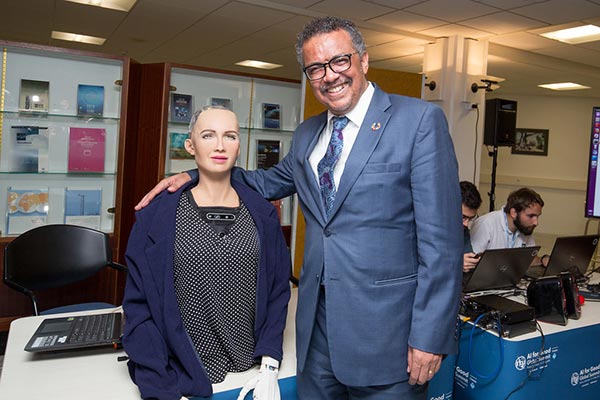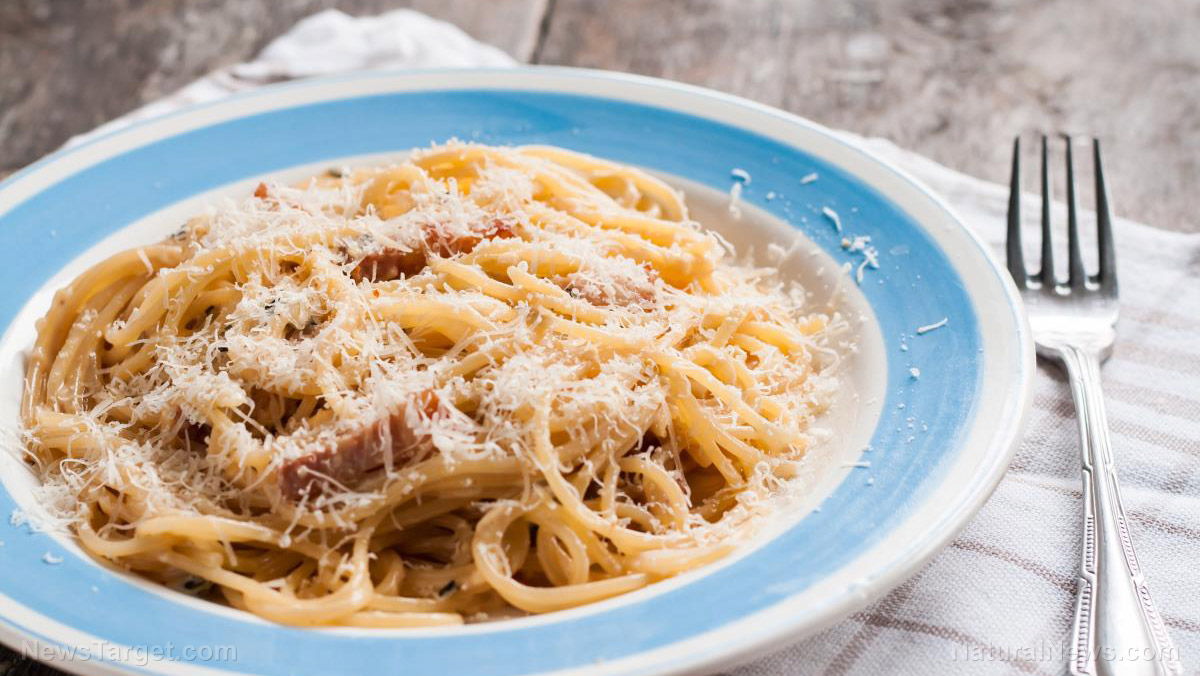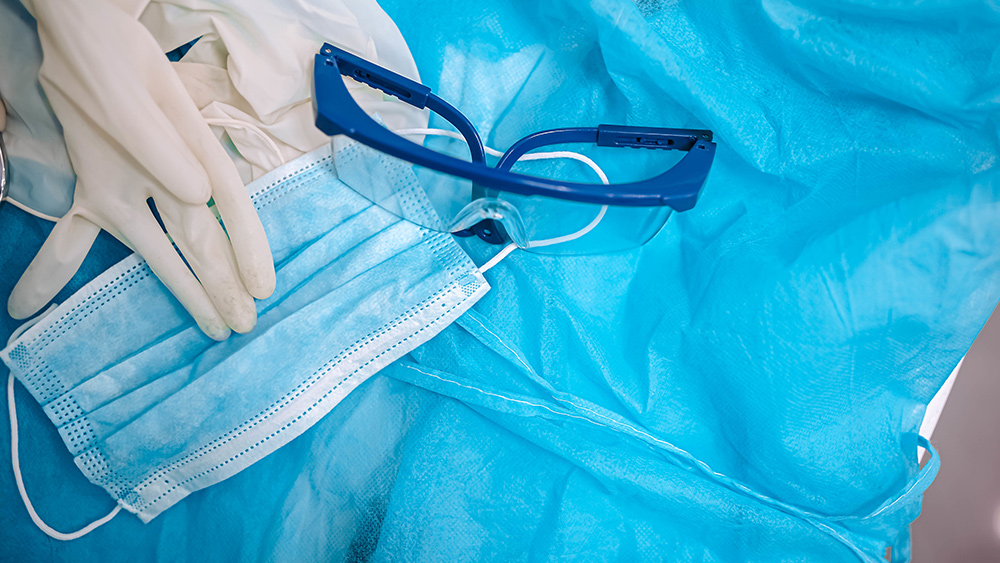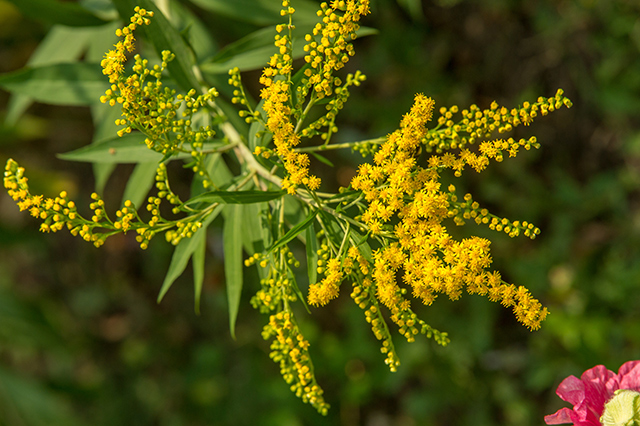Achilles injuries: Why is it so difficult to recover from an Achilles tendon tear?
05/18/2020 / By Divina Ramirez
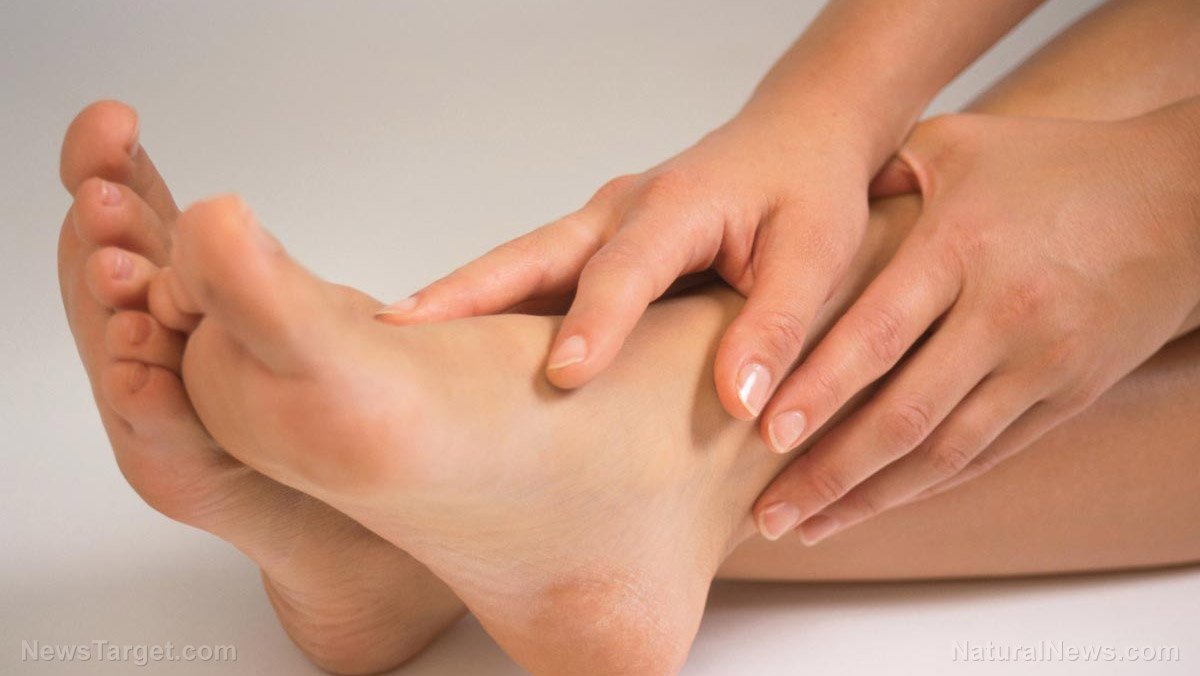
A ruptured Achilles tendon is one of the most common sports-related injuries. Even athletes of non-contact sports like basketball and tennis may experience this injury at some point.
It might seem inconsequential for most people, but the Achilles tendon is one of the strongest tendons in the body that help support overall balance. This tendon is also what allows you to stay upright and walk straight, which is why a damaged Achilles tendon can put athletes out of commission for seasons at a time.
But this injury is also common in people who are not involved in sports. For instance, women who wear high heels frequently are more likely to end up with a torn Achilles tendon than women who don’t. People who have “flat feet,” a type of postural deformity, are also prone to several foot injuries including a torn Achilles tendon. But generally speaking, the more you put weight and exert pressure on the heel, the more likely it is that the Achilles tendon might rupture.
A damaged Achilles tendon will heal naturally over time. Unfortunately, small ruptures and partial tears may go unnoticed, causing severe complications later in life. A damaged tendon will also take a long time to rebuild muscle fibers. Even after the tendon heals, you may need to wait a few months to a full year before you can jump, jog or run again without the risk of re-opening the tear.
Natural remedies for Achilles injuries
A torn Achilles tendon may heal on its own. But there a number of home remedies you can use to minimize the pain and help it heal quickly.
Castor oil
Ricinoleic acid, the main fatty acid found in castor oil, has potent anti-inflammatory properties. It also acts as a natural painkiller. To treat a torn Achilles tendon, gently rub the oil on the site and do not wipe it off afterward. This allows the skin to absorb the ricinoleic acid, which will help relieve pain and inflammation.
Nuts
Nuts are one of the healthiest plant-based foods that contain high concentrations of vitamin E. As a potent antioxidant, vitamin E helps neutralize free radicals that cause inflammation and tissue damage. Vitamin E also improves blood flow throughout the body, which allows wounds and injuries to heal quickly.
Turmeric
This golden spice contains curcumin, an active compound that acts as an anti-inflammatory agent and natural painkiller. Many people like to add turmeric to dishes and herbal teas, but you can also use it to create a poultice for wounds. Mix turmeric powder, water, ground peppercorn and olive oil until you have a paste and apply it to the Achilles tendon. This will encourage blood circulation and reduce inflammation. (Related: Turmeric-Ginger Tea – A powerful anti-inflammatory remedy for pain relief.)
Cold therapy
A simple cold treatment can deliver fast-acting relief from pain and inflammation. Get an ice pack or fashion a cold compress out of ice cubes or frozen vegetable packs and leave it on the injured Achilles heel. Repeat as necessary.
Massage
A gentle massage can also help improve blood circulation in the area and relieve pain. But don’t press too much on the tendon to avoid further damage. You can also do gentle stretches and foot exercises to reinforce the tissues around the tendon.
Protective measures to prevent further injury
Additionally, you can practice the following measures to prevent further damage to the Achilles tendon and allow it to heal quickly.
Don’t smoke
Tobacco, nicotine and other harmful substances in cigarette smoke can delay tissue repair and impair proper blood circulation. These substances can also cause wound complications and further damage tissues.
Wear protective shoes
Certain shoes, especially those meant for sports, are designed to follow the foot’s natural arch and to cushion the heel. If bed rest isn’t an option, wear shoes that properly support the foot and heel. This way, you help reduce the pressure on the Achilles tendon even as you move about.
Bandage the foot and ankle
A badly ruptured Achilles tendon can be extremely difficult to move with. One way you can minimize the pain and protect the area from external pressure is to bandage the foot and ankle. This lets you keep the area immobile so that the tendon can heal faster.
Use a foot brace
Sleep can be a challenge given an injury. A bandage won’t be able to stop you from tossing and turning while you sleep, so use a foot brace instead. This will keep the foot and ankle stable and keep it in place while you sleep.
The Achilles tendon is a crucial body part that allows you to stand and walk upright. Although a damaged tendon will eventually heal over time – by itself or with the help of natural remedies – it is still best to avoid strenuous exercises and unnecessary strain on the heels.
Sources include:
Tagged Under: Achilles tendon, alternative medicine, disease treatments, herbal medicine, Herbs, injuries, longevity, muscle, natural cures, natural healing, natural medicine, pain relief, prevention, remedies, stopsmoking, turmeric


